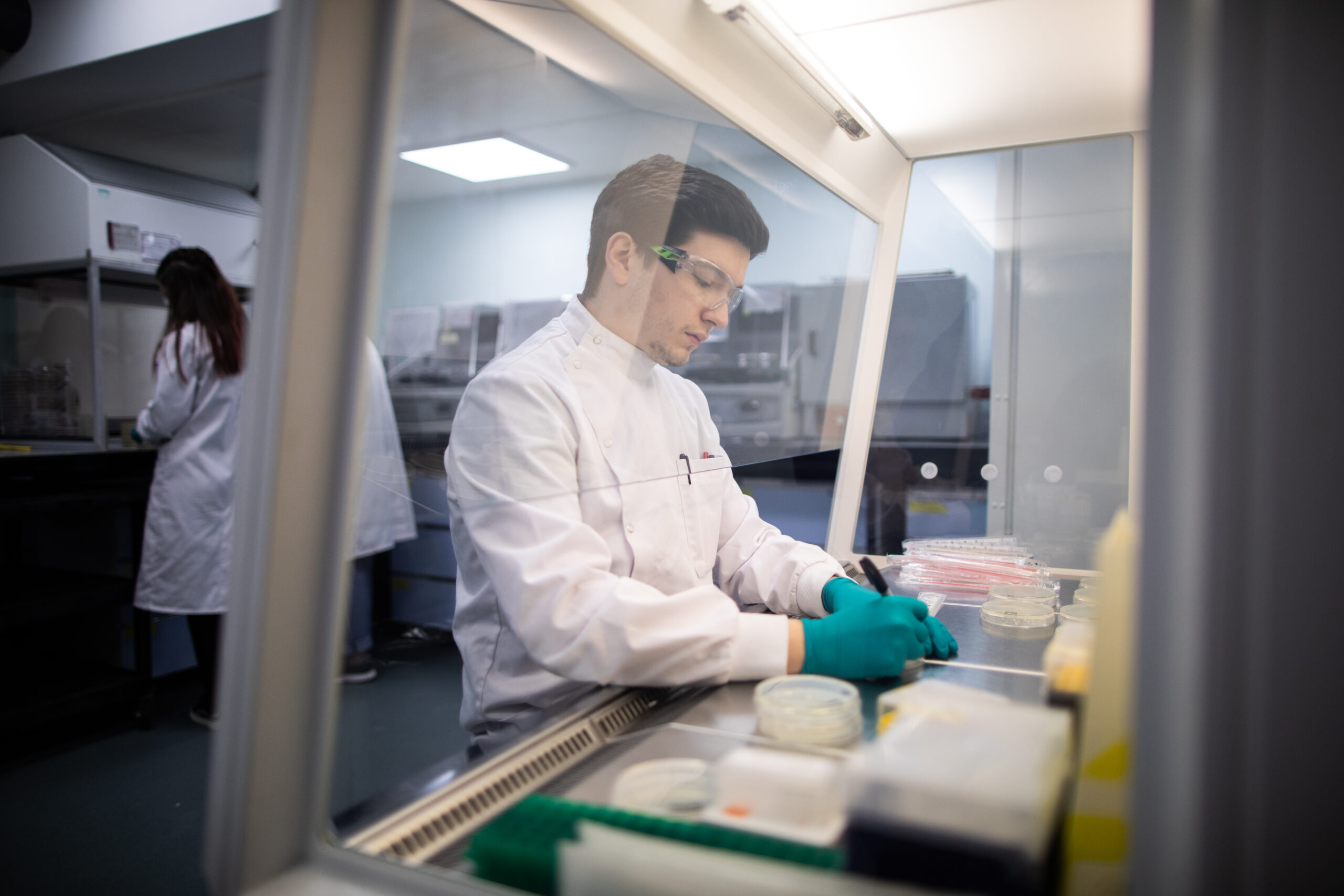
CPI to optimise the production process of next-generation sustainable fish feed

CPI, an independent technology innovation centre and founding member of the High Value Manufacturing Catapult, today announced the launch of the SUSFEED 2 project to optimise scalable processes for the manufacture of next-generation, sustainable fish feed for the aquaculture industry.
The outcomes of this project have the potential to help the UK’s aquaculture industry meet net zero targets.
The development of sustainable fish feed is a critical step forward for the aquaculture industry, addressing the need to reduce reliance on traditional feed sources like wild-caught fish and soy.
By optimizing scalable manufacturing processes, this initiative can provide aquaculture operations with cost-effective and sustainable feed solutions, contributing to the industry’s efforts to achieve net-zero carbon emissions.
Expert support, like those at Aquaculture Consulting services, plays a vital role in helping fish farmers integrate these next-generation feeds into their operations.
Consulting professionals assist in assessing the compatibility of new feed options with existing systems, offering advice on feed formulation, and ensuring efficient feeding practices.
At present, the aquaculture industry relies heavily on feed containing fish meal or soy protein, which pose sustainability, land and water use, and digestibility issues.
An affordable and high-quality alternative is Single Cell Protein (SCP), derived from microbial fermentation, utilising sugars as well as agricultural and food wastes as feedstocks.
Although the current fermentation process for SCP is promising, it emits significant amounts of carbon dioxide and lacks carbon efficiency.
Following the successful SUSFEED feasibility study completed last year, SUSFEED 2 aims to optimise an environmentally friendly and economically viable SCP production process.
This will allow for enough SCP product to be generated for fish feed digestibility trials.
The UK Seafood Innovation Fund, administered by Cefas (Centre for Environment, Fisheries and Aquaculture Science), has awarded SUSFEED 2 with £250,000 to support the research and development of novel technology that reduces and reuses carbon dioxide in SCP fish feed production.
CPI led the feasibility study and will continue to play a critical role in SUSFEED 2 to develop the technology needed to produce SCP fish feed with a much lower environmental impact than currently possible.
The project will be carried out at CPI’s C1 Gas Fermentation facility within the National Industrial Biotechnology Facility. CPI’s expertise and facilities will be crucial in ensuring the success of the project.
Qiang Li, Senior Research Engineer at CPI, said:
“After last year’s successful feasibility study, we are delighted to continue drawing upon our extensive experience in fermentation to work on overcoming major environmental issues of the UK’s aquaculture industry.
“At our state-of-art industrial biotechnology facility, our dedicated teams of in-house experts will make it possible to bring high-quality, carbon-efficient fish feed closer to commercialisation.”
By CPI - Centre for Process Innovation
619 Views
Recent Posts
- CBAM and the Role of LCA
- Join WBD for our Imposter Syndrome Fireside Chat – 11th February @ The Wilton Centre
- Secerna Expands Life Sciences Team with the Addition of Trainee Patent Attorney
- Addison in ground breaking SAF development
- Flexitallic and TT Gaskets join forces to drive innovation within the New Energy sector
Back to News >



